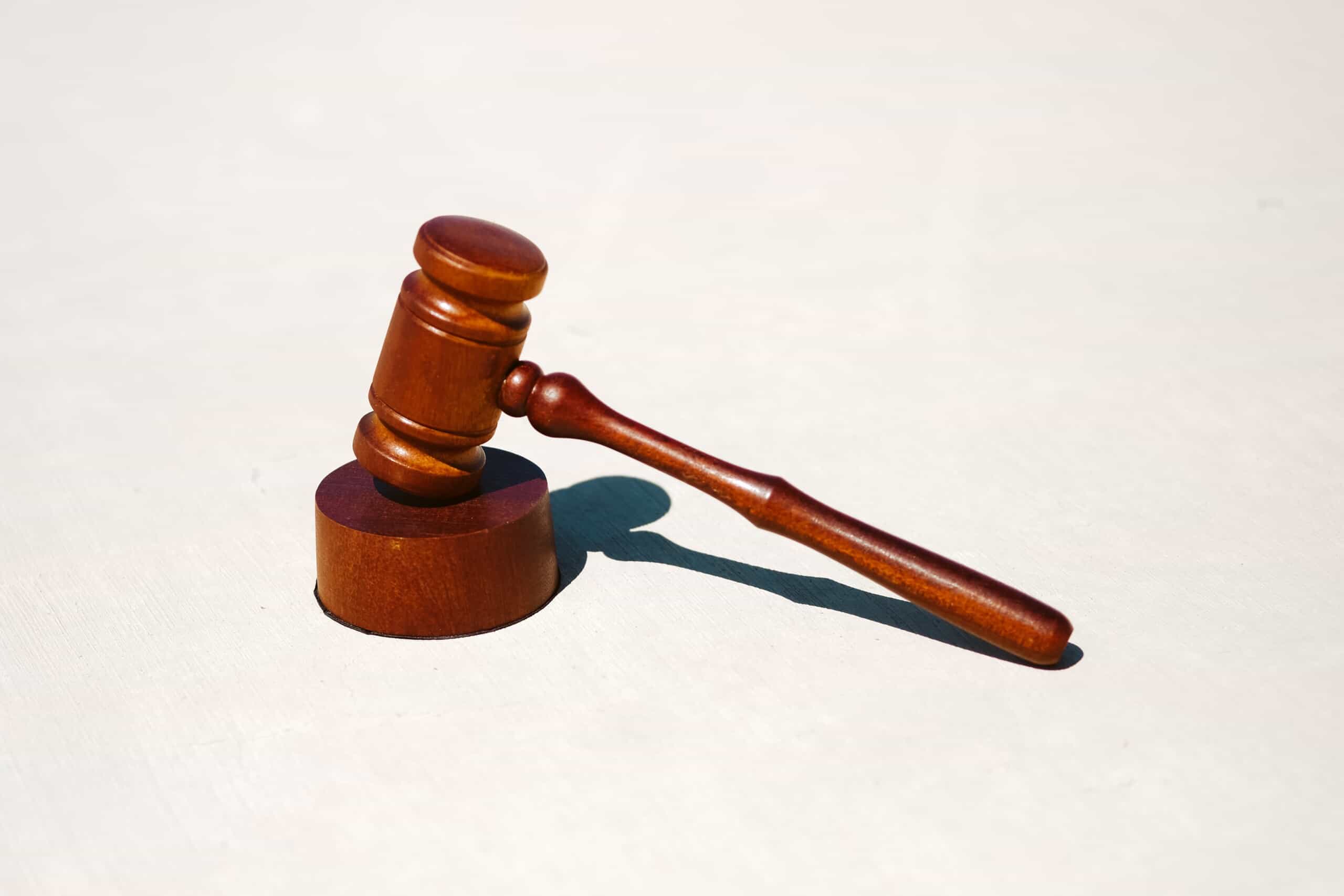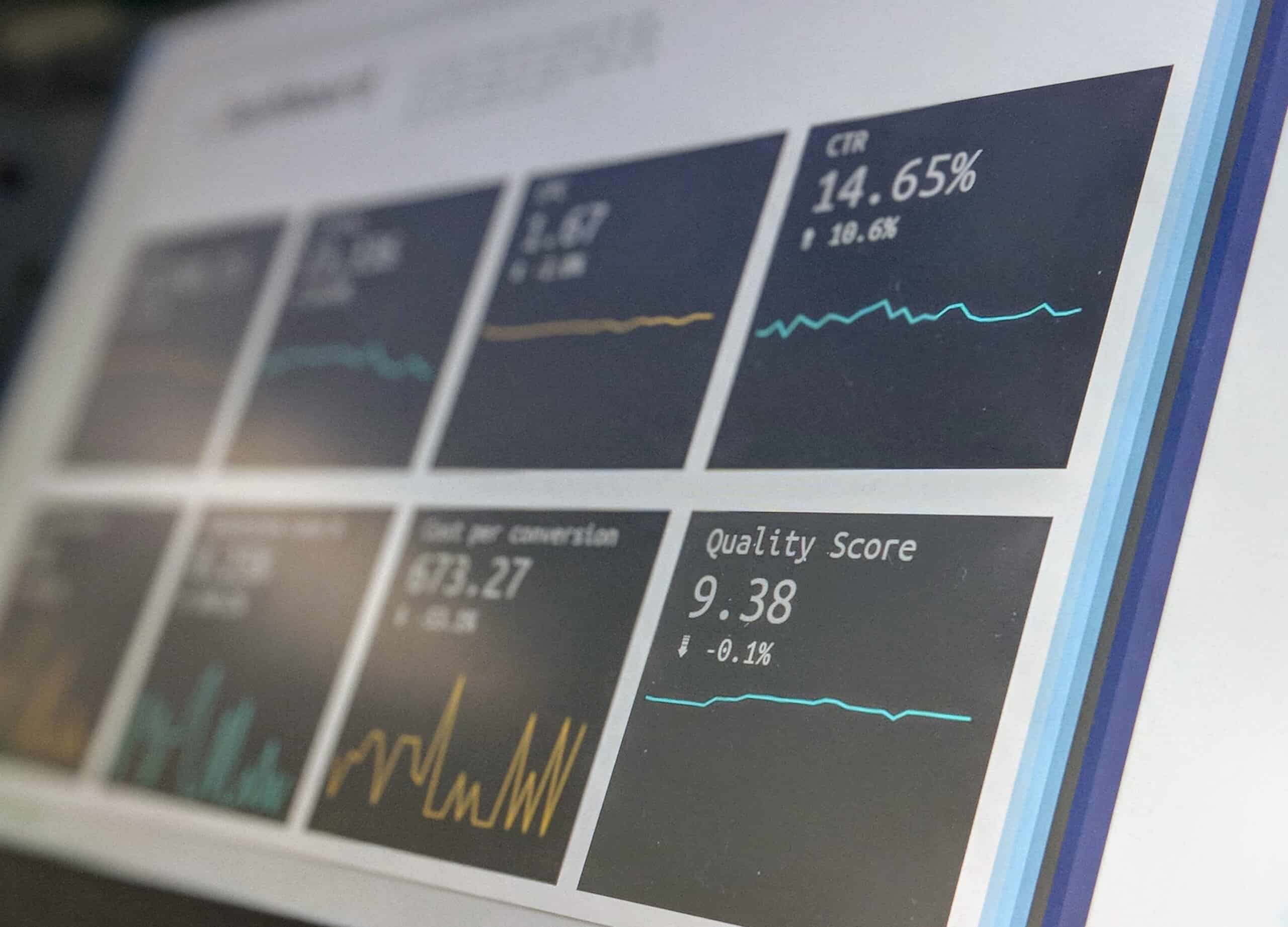How Internet Companies Have Shaped U.S. Law Over Time
Internet providers are powerful forces in the modern connected world, shaping U.S. law along the way.

With the internet serving as a platform to share information quickly and efficiently, it’s not surprising that it has also opened up conversations about how that information can be shared, with whom, and where. However, some real-life policies don’t translate well to online platforms, as online communities are prone to carry out harmful practices that could negatively affect new or current internet users.
Knowing this, many internet companies have sought to enact their own policies that could better regulate online interactions. The Federal Communications Commission (FCC) has served as a communications pipeline between these companies and the government. Here are three ways that internet protocols have made their way to U.S. law.
Data Privacy: Protecting User Information

One of the biggest topics surrounding internet use is the idea of privacy concerns and information privacy. Collecting, using, and distributing information is almost always outlined in the legal documentation of entities and brands looking to gather user data for the purpose of selling or marketing their products or services.
It’s fair to say that a majority of internet users are concerned about how and where their data is being used. According to statistics involving data privacy, 80 percent of social media users are concerned about businesses accessing their data through their social media accounts, and 95 percent of Americans are concerned about businesses using their personal information without explicit permission.
Given the scale at which data privacy has been deemed a concern, the FCC’s Privacy Act aims to ensure businesses use consumer data ethically. One method to preserve user data security is through services like virtual private networks, or VPNs, which allow users to protect their information by masking online activities and encrypting their information from would-be hackers.
Protecting data across all users and entities is no easy task; the right tools and regulations can allow for a long-term approach that will at least minimize the need for more extreme security measures.
Net Neutrality: Content Access for All

Online shopping, streaming services, and digital workspaces are just a few concepts that make up the internet ecosystem. Internet providers are conscious of this and will often look into these as marketing points to sell their own products. Potential customers of these goods and services should be able to access them through their internet service provider (ISP), and that’s where net neutrality comes in. With net neutrality, internet content must be accessible to connected users without favoring or blocking specific services.
While there are many valid arguments that support the idea of net neutrality, many ISPs have faced numerous challenges associated with this policy. The use of “internet fast lanes,” although not aligned with net neutrality, would allow ISPs to create premium-price connections for major content providers. This also creates conflict with net neutrality policies at the state level, where officials across many states are pushing for laws to adhere to the rules set forth under net neutrality.
Ultimately, the idea of political involvement for fair access to digital content is enough to signify the importance of net neutrality on official U.S. law.
Data Throttling: Connection Limits
Another concept that has come under the government’s radar is data throttling. Most internet companies will go through the process of controlling or limiting bandwidth usage for their users, causing them to experience slow speeds, lag, and other connectivity issues. In most cases, data throttling happens without the user’s permission or knowledge.
Data throttling usually occurs on internet plans that have a data cap, which is the maximum amount of data the customer can use before connection speeds start to diminish or no more data can be used. This is also true for some internet plans that offer “unlimited data,” where customers will still have access to the internet, but at much slower speeds due to data throttling. While ISPs are able to provide more customers with internet access, having too many people online causes network congestion and an overall negative experience for users.
It’s technically legal for ISPs to conduct data throttling with their services, provided that they inform their customers of doing so through their terms of service. However, it’s illegal to do so without customers’ consent, and there’s been a history of lawsuits pertaining to false advertising regarding data caps. Having this information on hand will put potential customers in a better position to decide which ISP is right for them.
The Future of Internet Policies
Privacy concerns, net neutrality, and data throttling are just a few of the many important topics that are being monitored by the FCC in order to provide a fair and just digital ecosystem. The internet is a powerful communication tool, which means regulation policies and protocols (like how to file an FCC or FTC complaint) need to evolve as quickly as its growth. With innovation lining the connection cables, it’s important that the government enacts clear and concise policies so that users can browse the internet in confidence.